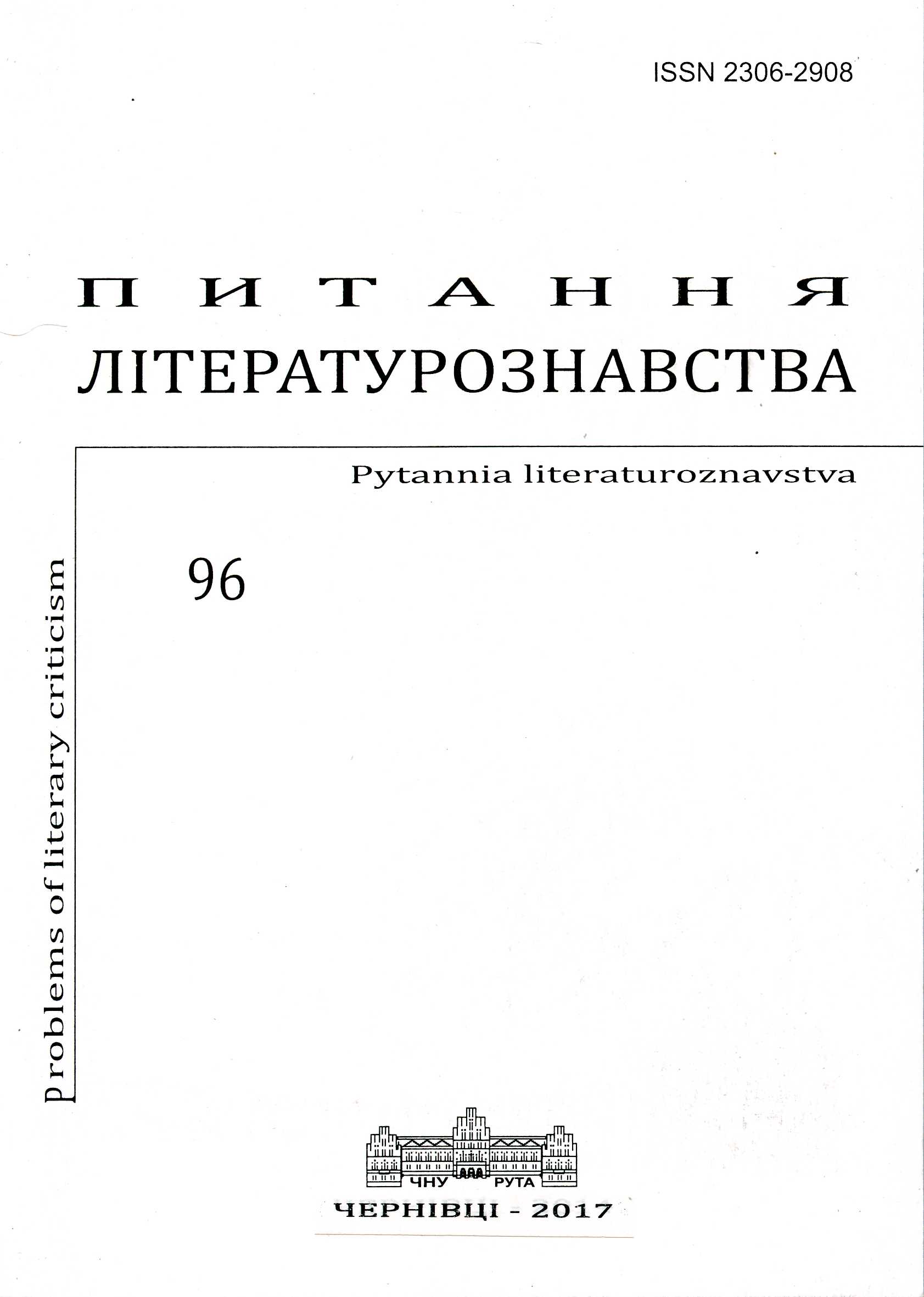Австрійська регіональна література 1930-40-х рр.: між літературою “крові та землі” й “асфальтною літературою”
Austrian Regional Literature of the 1930–40’s: Between “Blood and Soil Literature” and “Asphalt Literature”
Author(s): Yulia IsapchukSubject(s): Language and Literature Studies, Studies of Literature, German Literature, Interwar Period (1920 - 1939)
Published by: Чернівецький національний університет імені Юрія Федьковича
Keywords: Austrian Regional Literature (Heimatliteratur); “Heimatkunst”; “Provinzkunst”; Regional Novel (Heimatroman); Blood and Soil Literature; Asphalt Literature;
Summary/Abstract: The study analyzes the main formation’s phases of the Austrian regional literature (Heimatliteratur) in the first half of the 20th century. The attention is paid to the connotation’s changes of this direction in the context of the socio-political development of the country in the 1930–40’s. The investigation stresses the similar and distinctive features of the “Heimatkust” in Germany and “Provinzkunst” in the Habsburg Monarchy. The article observes the shift of German-speaking regional literature after the First World War to the folksy patriotic direction as a preparation for the “Blood and Soil Literature” (“Blut-und-Boden-Literatur”). The regional literature, which was focused on the village not the city, became closer to the Nazi doctrine: especially by the praise of the soil (Scholle), in the connection to a family and by depictions of problems of an origin (Stamm). The attention is also turned to the inheritance of the cultural tradition of the regional art after the end of the Second World War. The reception and interpretation of the term “asphalt literature” (“Asphaltliteratur”) is emphasized by adherents of the Hitler’s ideology. That’s why the texts that did not correspond to the canon of National Socialist aesthetics were called “asphalt literature”. This term exists in parallel to the term “degenerate art” (“entartete Kunst”). The quite neutral phrase “asphalt literature” of the 1890’s was borrowed by the Nazis and turned into a completely negative term (based on the antithesis to the soil) in the 1930’s. Nowadays it is used in German-speaking literary criticism with such distorted meaning.
Journal: Питання літературознавства
- Issue Year: 2017
- Issue No: 96
- Page Range: 215-230
- Page Count: 16
- Language: Ukrainian

